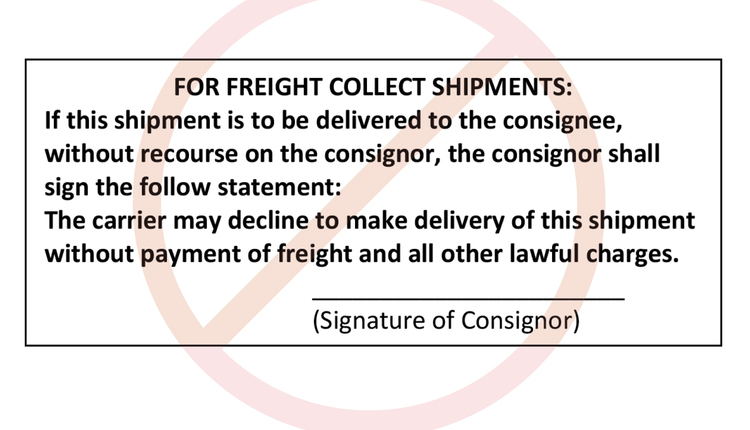During 2019, three PARCEL Counsel columns focused on the most commonly used terms of sale for transactions within the United States: F.O.B. Origin and F.O.B. Destination. They may be found on the PARCEL website here.
Now we will take a look at the latest version of the most commonly used terms of sale for international transactions: Incoterms 2020. By way of background, Incoterms is an acronym for “International commercial terms.” They were first promulgated by the International Chamber of Commerce in 1936. Since then, there have been eight versions leading up to the most recent, Incoterms 2020, which went into effect January 1, 2020.
The first thing that parcel shippers need to know is that although they are intended to be easy-to-use shortcuts, they are actually quite complicated. With Incoterms 2020, there are now 11 separate Incoterms with a three-letter designator:
Rules for Any Mode or Modes of Carriage
• EXW (“Ex Works”)
• FCA (“Free Carrier”)
• CPT (“Carriage Paid To”)
• CIP (“Carriage and Insurance Paid To”)
• DAP (“Delivered at Place”)
• DPU (“Delivered at Place Unloaded”)
• DDP (“Delivered Duty Paid”)
Rules for Sea and Inland Waterway Transport
• FAS (Free Alongside Ship)
• FOB (Free On Board)
• CFR (Cost and Freight)
• CIF (Cost Insurance and Freight)
The domestic F.O.B. terms cover passage of title, payment of freight charges, and risk of loss and damage in transit. However, Incoterms cover freight charges, risk of loss, AND responsibility for cargo insurance, payment of import duties, and a few related obligations.
Accordingly, before the reader begins incorporating one or more Incoterms into their purchase or sales contracts, it is strongly recommended that one take the time necessary to thoroughly educate themselves regarding the exact meanings of these terms and the pros and cons in selecting a particular term for a particular transaction or set of transactions. A good starting point is the International Chamber of Commerce website at https://iccwbo.org.
The second thing to know is that there are some critical differences between the domestic F.O.B. terms and Incoterms 2020. The first of these is that although an Incoterm will cover where delivery is to be made and when risk of loss for damage in transit passes from seller to buyer, no Incoterm specifies when title to the goods will pass. Accordingly, this must be addressed in a separate sales or purchase contract.
The third thing to be aware of is that the domestic terms apply to any mode of transportation, e.g., ground, air, or ocean; however, four of the Incoterms only apply to transportation by a water carrier. One of these four is the F.O.B. Incoterm, which is not to be confused with the domestic F.O.B. term.
The fourth thing to know is that there is no legal requirement whatsoever that anyone use Incoterms nor is there any legal or other requirement that the terms be used exactly as published by the ICC. In other words, the parties to a transaction may modify the Incoterm they choose to use as they see fit; just as one can do with the domestic F.O.B. Origin/Destination terms… or not use an Incoterm at all.
Given the complexity of the Incoterms, it might be just as easy to say in a contract what the parties intend, e.g., seller will pay freight; buyer will pay import duties; seller will pay for cargo insurance; and so on, as well as when title will pass.
All for now!
Brent Wm. Primus, J.D., is the CEO of Primus Law Office, P.A. and the Senior Editor of transportlawtexts, inc. Previous columns, including those of William J. Augello, may be found on the PARCEL website at http://parcelindustry.com/by-author-1130-1.html. Your questions are welcome at brent@primuslawoffice.com.
This article originally appeared in the March/April, 2020 issue of PARCEL.















